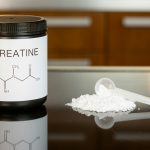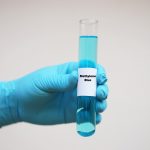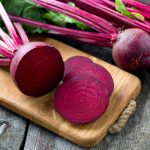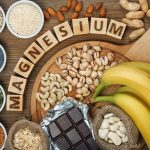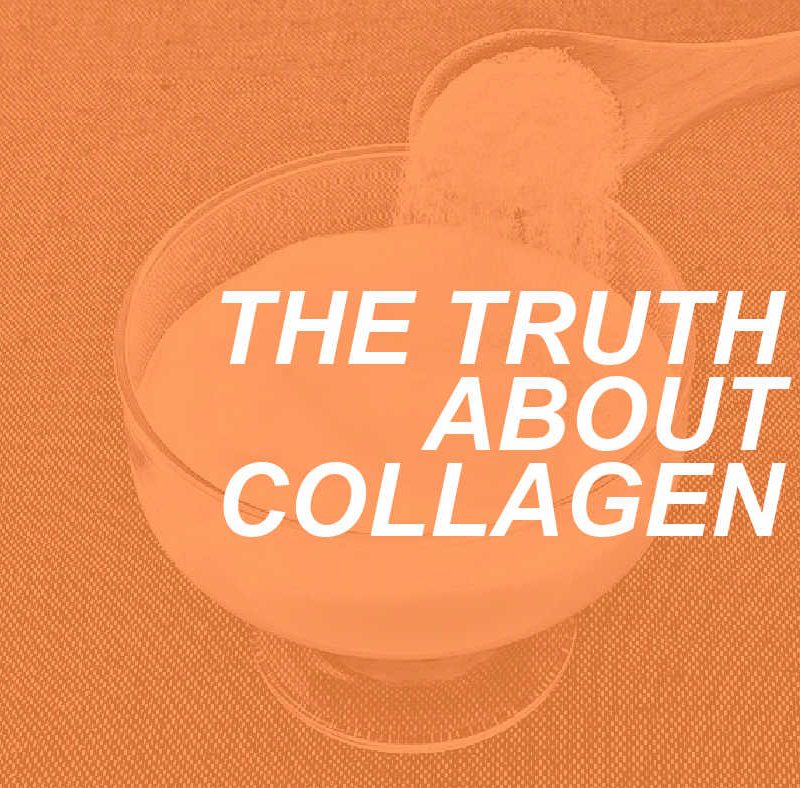
Collagen supplements have recently entered the ring as a contender for possibly facilitating anabolism, often replacing whey and other common protein powders as pre and post-workout fuel. But, can its performance equal that of other protein sources?
Quality Over Content
Collagen, by far the most abundant type of protein found in animals, affords us the ability to move and stretch with ease. It also helps hair shine and nails grow stronger. While collagen undoubtedly supports improved skin health, some research points to its role in healthy muscle development.
Dr. Sara Oikawa, a PhD student working under Professor Stu Phillips at McMaster University, compared collagen peptides and whey protein to understand the impact of each on muscle mass, both at baseline as well as in conjunction with strength/resistance training. Research participants consumed isonitrogenous quantities of either collagen or whey, two supplements containing the same protein content, but vastly different quality.
Whey boasts a much higher leucine content than collagen. Leucine ranks as the key amino acid for promoting muscle growth, fully demonstrated in this study. When consumed following heavy exercise, whey induced considerably more muscle growth than collagen in the research participants.
The Role of Leucine and Tryptophan
In addition to containing less leucine than whey, collagen also lacks tryptophan, rendering it an incomplete protein. Protein sources containing all 9 essential amino acids tend to outperform when it comes to muscle growth; higher leucine levels simply add to their potency.
Plant-based protein enthusiasts can still garner complete proteins with careful attention to nutritional content. Protein derived from peas, for example, qualifies as a complete protein, plentiful in both leucine and tryptophan. It will therefore facilitate muscle growth better than collagen supplements, and perhaps just as well as whey.
Collagen Confusion
As with so many theories, much debate surrounds the application of collagen supplements to facilitate muscular growth. Proponents suggest that collagen may help with muscle mass since it contains the amino acids arginine and glycine, important building blocks for creatine. We know that creatine helps improve muscle mass, builds strength and in some cases may even improve performance. This begs the question of whether the collagen or simply the creatine does the anabolic work.
Another mixed message relates to the rapid increase in collagen synthesis within muscles and tendons immediately following heavy resistance training. Here, we must recognize that the end result does not relate to the premise of pre-ingesting collagen.
Joints, Cartilage, and Collagen
One point remains certain: collagen definitely claims the upper hand in terms of ameliorating and aiding joint issues. Elizabeth McNear, R.D., C.S.S.D., Director of Performance Nutrition at Cal Athletics, substantiates this position. “Ingesting collagen peptides can dampen inflammation and reduce pain associated with degeneration of cartilage,” she says. While additional research may elucidate the exact process by which this occurs, collagen peptides appear to successfully mitigate the pain and inflammation associated with joint damage.
Collagen Supplements and Food: Better Together
Yet another frequently asked question relates to the timing of collagen ingestion for maximum effect. Exercise Physiologist and nutrition scientist Stacy Sims, Ph.D. believes that any anabolic effect collagen may elicit works only when taken along with a whole food source, rendering it preferable post-workouts. Once again, we wonder whether the food or the collagen initiates the muscle-building process.
Coming Soon: Stay tuned for Part 2 of the collagen debate series, in which we will face off on whether collagen helps or hampers longevity!
References:
Plant Based Protein VS Whey Protein VS Collagen: What’s the Difference?
https://nuzest-usa.com/blogs/blog/pea-protein-vs-collagen
https://pubmed.ncbi.nlm.nih.gov/31919527/
https://physoc.onlinelibrary.wiley.com/doi/10.1113/jphysiol.2005.093690
https://www.issaonline.com/blog/index.cfm/2019/the-truth-about-using-collagen-supplements-for-fitness
https://www.nzmp.com/global/en/news/collagen-peptides-vs-whey-protein.html



